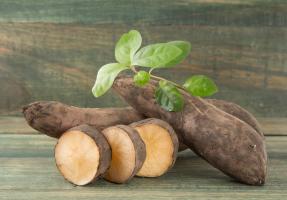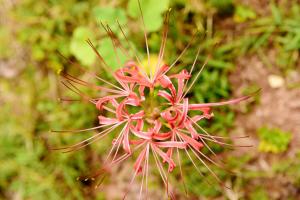Should You Keep Plants in Plastic Pots?
Plastic pots are one of the most widely used types of containers for plants. They are lightweight, affordable, and come in a variety of sizes and styles. But should you really be keeping your plants in plastic pots? Let's examine the pros and cons.
Pros of Plastic Pots
Firstly, plastic pots are very durable and can last for years. This is because they are made from tough, non-porous materials that are resistant to cracking and breaking. They are also lightweight and easy to move, making them a convenient option for those who like to rearrange their plants frequently.
Additionally, plastic pots have excellent water retention properties. They are less likely to dry out quickly, which means that they require watering less often than other types of containers. This makes them a great option for busy plant owners who may not have a lot of time to devote to their plants.
Cons of Plastic Pots
Despite their benefits, plastic pots also have some downsides to consider. For example, plastic pots are not biodegradable, which means that they can contribute to landfill waste. Additionally, plastic pots can become brittle over time, especially if they are exposed to sunlight. This means that they may eventually crack or break and need to be replaced.
Another concern with plastic pots is that they can trap moisture around the roots of the plant. While plastic pots are good at retaining water, they can also retain too much, which can create a breeding ground for mold and bacteria. When this happens, it can cause damage to the roots and ultimately harm the plant.
Alternatives to Plastic Pots
If you're concerned about the negative aspects of plastic pots, there are plenty of alternatives to consider. One popular option is terracotta pots, which are made from natural clay and are biodegradable. They are also porous, which makes them a good choice for plants that require good drainage.
Another alternative is ceramic pots, which are available in a range of colors and designs. They are heavier than plastic pots, which means they are less likely to tip over. Additionally, they are often glazed, which can make them waterproof and help to retain moisture around the roots of the plant.
Conclusion
In conclusion, plastic pots are a convenient option for keeping your plants healthy, but they are not without their drawbacks. If you're concerned about the negative impact of plastic waste, or if you want to give your plants the best possible chance to thrive, it's worth considering alternative types of containers such as terracotta or ceramic pots. Ultimately, the choice depends on your individual preferences and the needs of your plants.

 how many times do yo...
how many times do yo... how many planted tre...
how many planted tre... how many pine trees ...
how many pine trees ... how many pecan trees...
how many pecan trees... how many plants comp...
how many plants comp... how many plants can ...
how many plants can ... how many plants and ...
how many plants and ... how many pepper plan...
how many pepper plan...
































